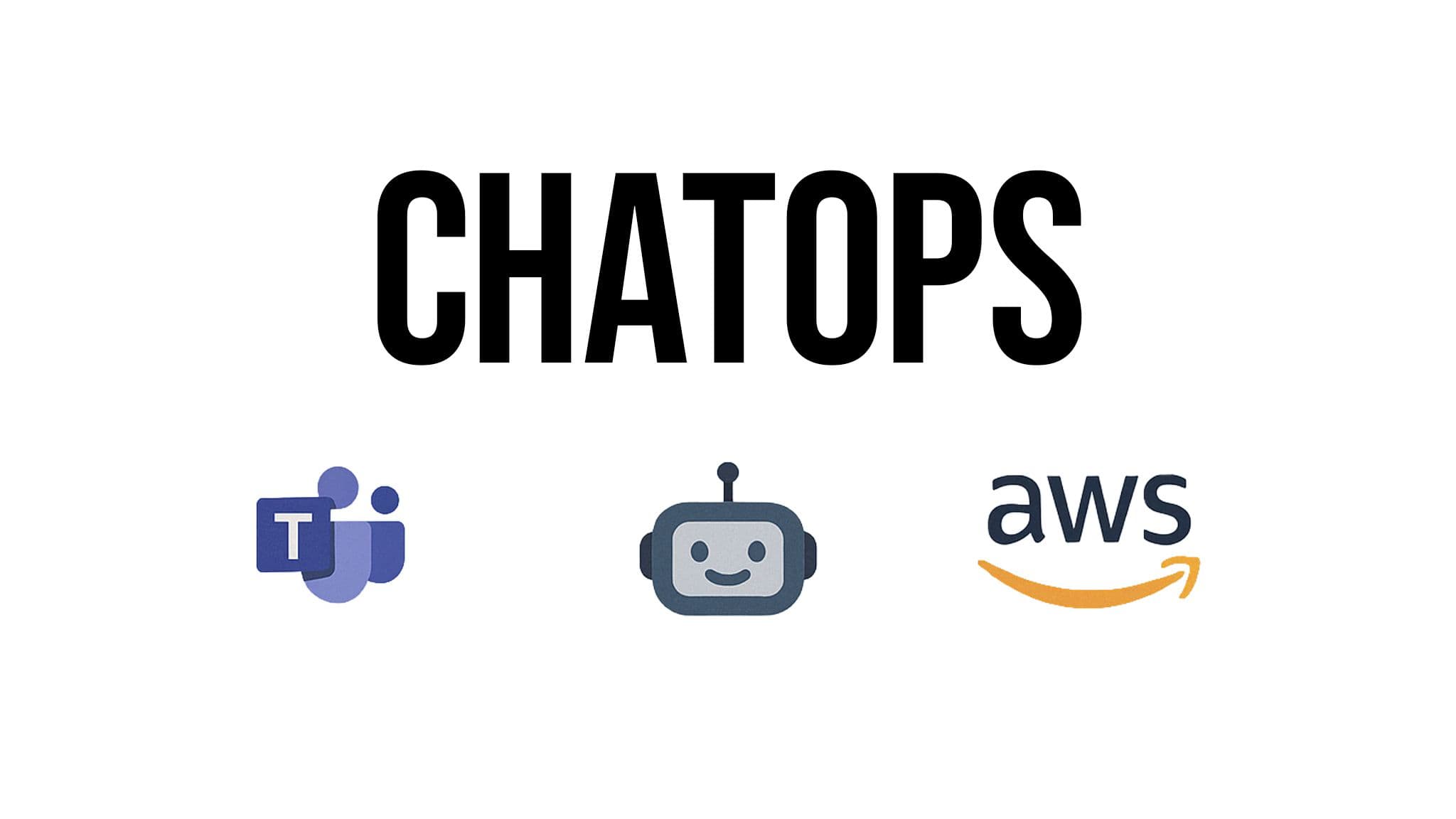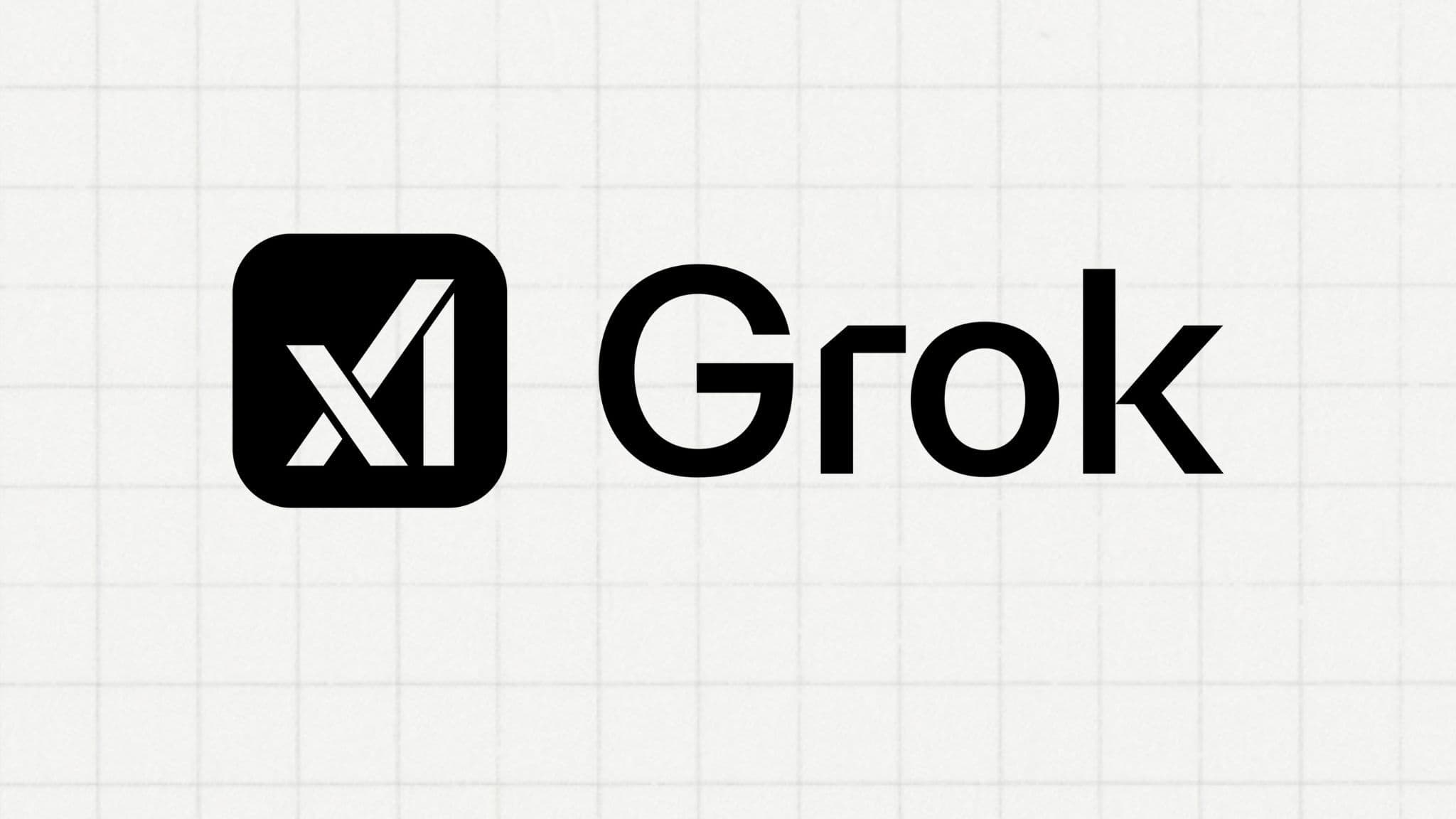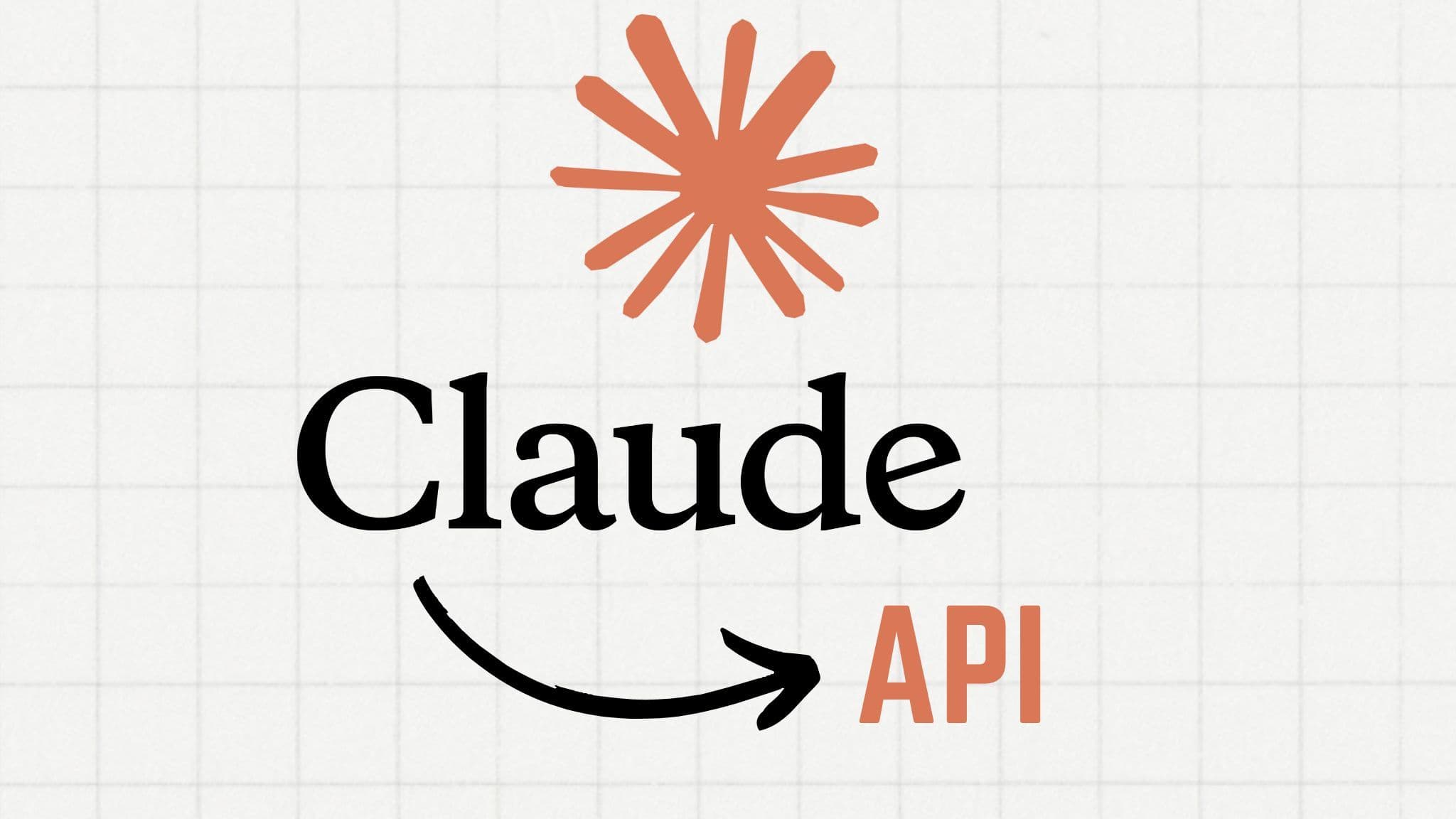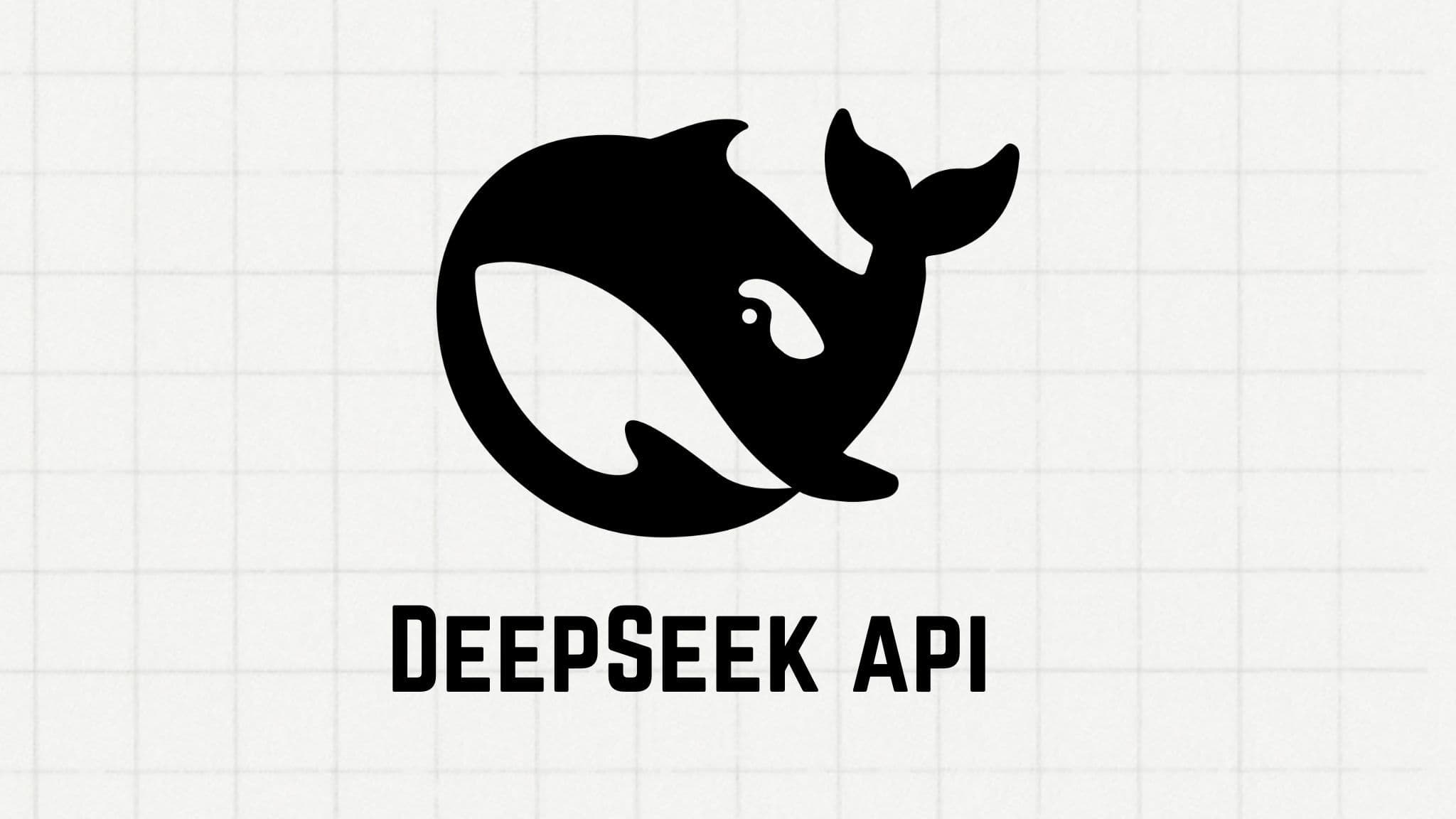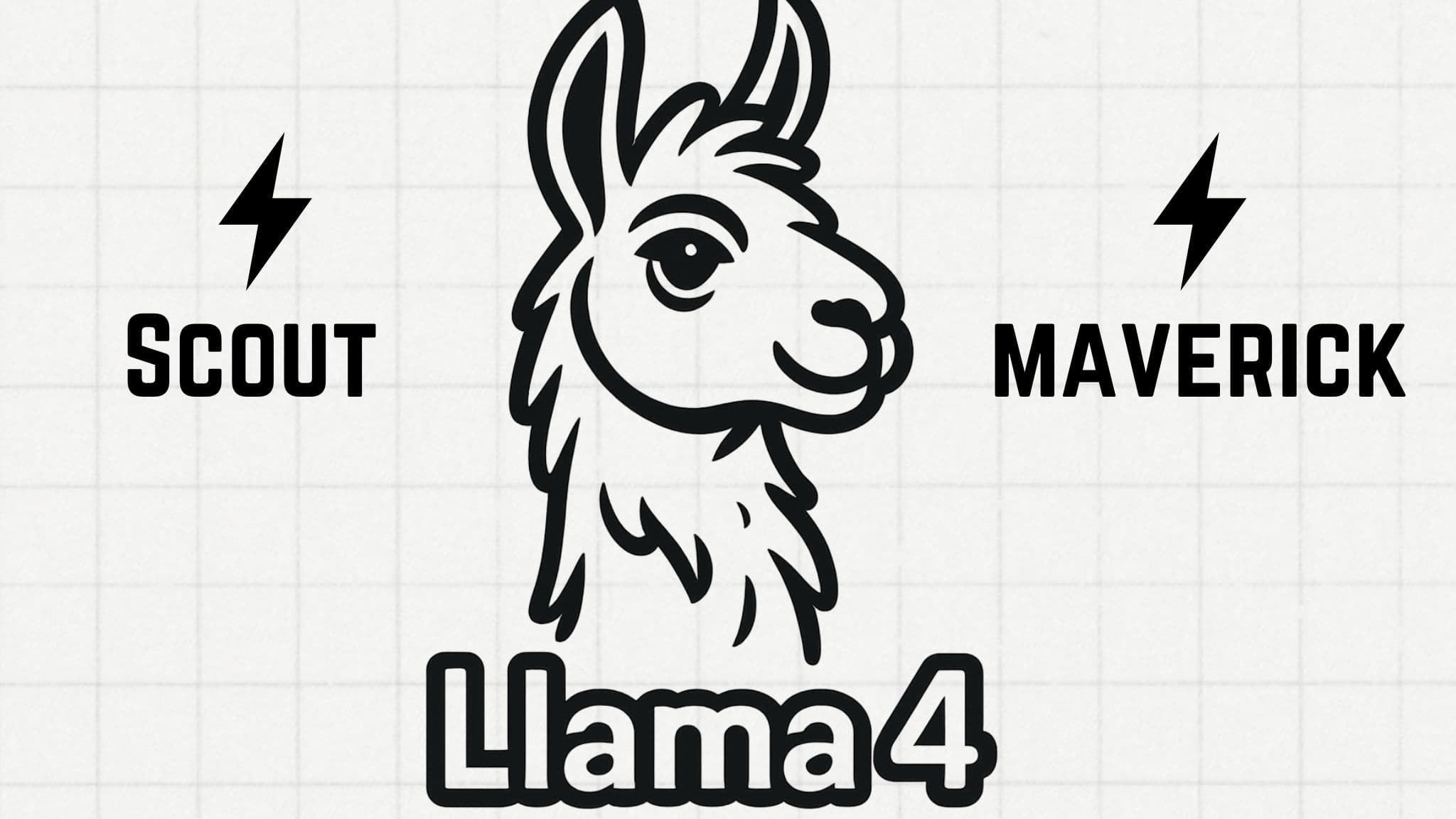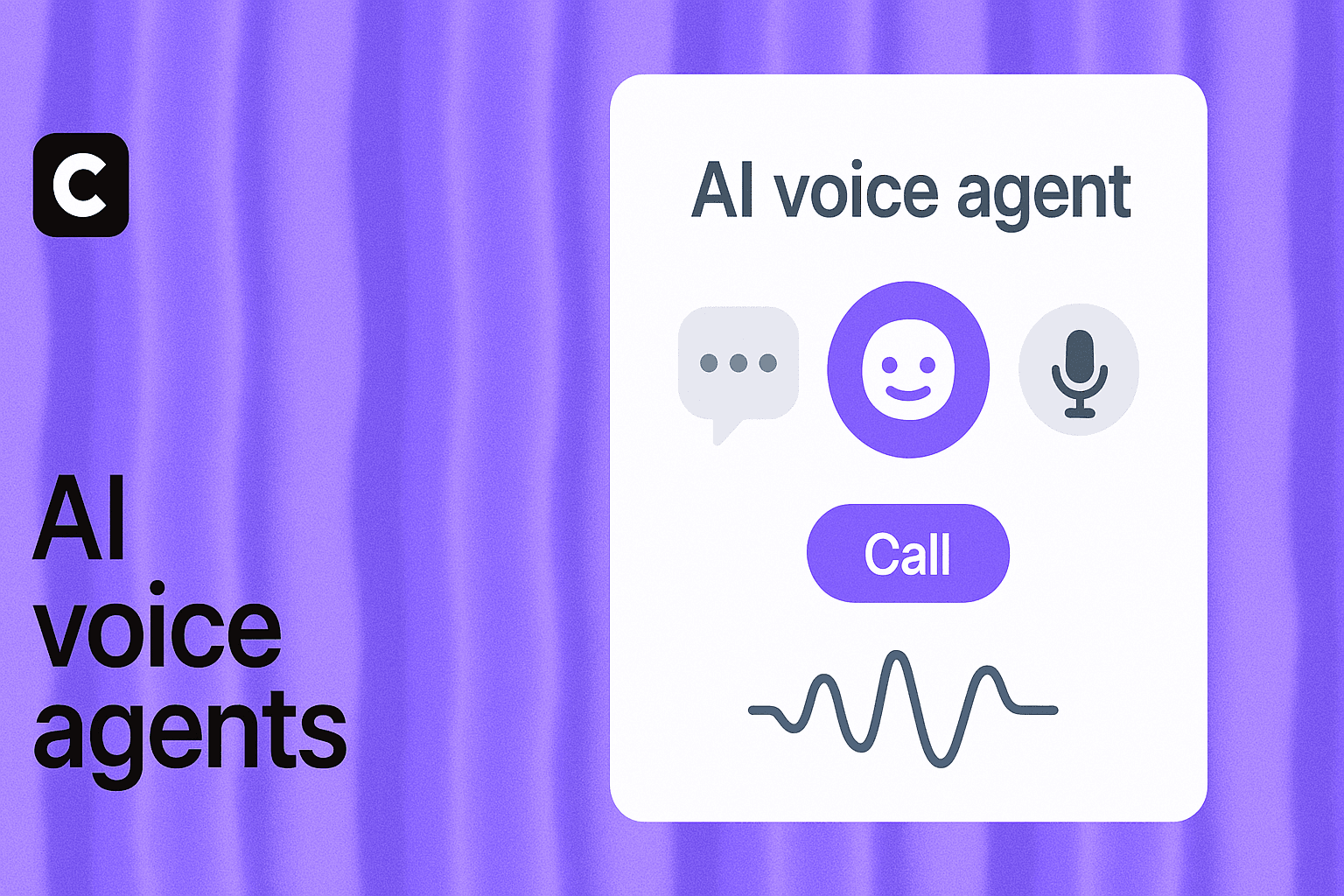Chatbase or Tidio? Which Chatbot is Best?
Ilias Ism
Dec 3, 2024
20 min read

Small businesses and startups face a critical choice when selecting chatbot software - build a focused AI solution or invest in a complete customer service platform?
Chatbase and Tidio represent these two distinct approaches, with Chatbase emphasizing AI-powered chat and Tidio offering broader communication tools.
For businesses wondering about what chatbots are and why they matter, this comparison will help guide your decision.
According to Capterra data, businesses increasingly choose between these platforms based on specific requirements: pure AI automation versus integrated live support capabilities.
Understanding the difference between chatbots and conversational AI is crucial for making an informed choice in 2024.
1. Quick Overview & Key Differences
Chatbase and Tidio have evolved to serve distinct market segments in the chatbot space, each offering unique approaches to customer service automation.
Chatbase specializes in AI-based chat automation, providing a platform for training custom chatbots on company data. At $19/month, it targets businesses looking to automate customer interactions through AI.
Tidio combines chatbots with live chat and email tools in an integrated platform starting at $29/month. It serves over 300,000 businesses including Glovo and ADT Security, focusing on companies needing both automated and human-powered support. For those considering alternatives, our guide to the best Tidio alternatives provides additional context.
The key technological difference lies in their approach: Chatbase specializes in GPT-powered conversations, while Tidio balances automation with live agent tools. For insights on this distinction, see our analysis of AI chatbots vs. human customer service.
2. Ease of Use & Setup
The platforms reflect their core focus in their setup processes, demonstrating why choosing the right AI chatbot for customer support matters.
Chatbase streamlines AI chatbot creation into three simple steps: First, import existing company data and documents. Next, train the AI on your content. Finally, deploy to your website. This focused approach means most businesses can launch their first AI chatbot within hours. Learn more about how to create your own chatbot without coding.
Tidio provides a more extensive but modular setup process. Users begin by configuring the visual conversation builder for creating bot flows, followed by setting up live chat configuration and agent management. For a deeper understanding of setup options, explore our guide on how to build a custom AI chatbot.
3. Key Features Comparison
Both platforms offer distinctive feature sets aligned with their core purposes, showcasing different approaches to implementing successful customer support chatbots.
Chatbase focuses on advanced AI capabilities, incorporating the latest GPT models for natural conversations across 80+ languages. Its GDPR-compliant system includes built-in privacy measures and robust lead capture mechanisms. For more on security, read about Chatbase's GDPR compliance.
Tidio takes a hybrid approach, combining AI chatbots with human support capabilities. Understanding these differences is key to choosing between custom and pre-built chatbots.
4. Integration & Deployment Options
Both platforms provide robust integration capabilities aligned with their market focus. For a comprehensive overview of integration possibilities, see our guide on multichannel chatbot integration.
Chatbase prioritizes simplicity in its integration approach, supporting connections with WhatsApp, Slack, and other platforms. The platform offers quick website widget deployment and seamless team communication through Slack.
Tidio's integration strategy casts a wider net. For those specifically interested in website integration, our guide on adding chatbots to your website provides detailed instructions.
5. Pricing & Plans
Understanding the full value proposition of each platform is crucial. For context on pricing models and features, see our overview of chatbot benefits for business.
Chatbase adopts a flexible pricing structure starting at $19/month. The platform offers a free plan for testing and allows users to add features à la carte. This pay-as-you-grow model makes it easier for businesses to scale their chatbot capabilities as needed.
Tidio's pricing begins at $29/month with a limited free tier available. For a detailed analysis of pricing considerations, explore our guide on choosing the best chatbot for your website.
6. Customer Support & Resources
Both platforms maintain comprehensive support systems suited to their user bases, demonstrating different approaches to customer engagement strategies.
7. Use Cases & Best Fits
Real-world implementation data reveals distinct usage patterns for each platform. For comprehensive examples, see our guide to chatbot use cases for business.
Chatbase excels in scenarios described in our guide to B2B chatbot applications. SaaS companies use it to automate product support, while e-commerce sites leverage it for handling routine product queries.
Tidio shines in hybrid support environments, particularly in scenarios outlined in our retail chatbot guide.
Conclusion
Based on Capterra data and user reviews, Chatbase excels for businesses focused on AI automation, while Tidio provides stronger value for teams needing integrated live support capabilities. For more insights, explore our complete guide to choosing between chatbot platforms.
The key factors for platform selection encompass your current and projected support volume, the balance needed between automated and human support, specific communication channel requirements, available technical resources for implementation, and budget alignment with required capabilities.
We recommend comparing both platforms through their free trials, focusing on your specific use cases rather than feature lists. For additional guidance, see our comprehensive overview of chatbot analytics and performance metrics. Small businesses and startups face a critical choice when selecting chatbot software - build a focused AI solution or invest in a complete customer service platform? Chatbase and Tidio represent these two distinct approaches, with Chatbase emphasizing AI-powered chat and Tidio offering broader communication tools. For businesses wondering about what chatbots are and why they matter, this comparison will help guide your decision.
According to Capterra data, businesses increasingly choose between these platforms based on specific requirements: pure AI automation versus integrated live support capabilities. Understanding the difference between chatbots and conversational AI is crucial for making an informed choice in 2024.
1. Quick Overview & Key Differences
Chatbase and Tidio have evolved to serve distinct market segments in the chatbot space, each offering unique approaches to customer service automation.
Chatbase specializes in AI-based chat automation, providing a platform for training custom chatbots on company data. At $19/month, it targets businesses looking to automate customer interactions through AI.
Tidio combines chatbots with live chat and email tools in an integrated platform starting at $29/month. It serves over 300,000 businesses including Glovo and ADT Security, focusing on companies needing both automated and human-powered support. For those considering alternatives, our guide to the best Tidio alternatives provides additional context.
The key technological difference lies in their approach: Chatbase specializes in GPT-powered conversations, while Tidio balances automation with live agent tools. For insights on this distinction, see our analysis of AI chatbots vs. human customer service.
2. Ease of Use & Setup
The platforms reflect their core focus in their setup processes, demonstrating why choosing the right AI chatbot for customer support matters.
Chatbase streamlines AI chatbot creation into three simple steps: First, import existing company data and documents. Next, train the AI on your content. Finally, deploy to your website. This focused approach means most businesses can launch their first AI chatbot within hours. Learn more about how to create your own chatbot without coding.
Tidio provides a more extensive but modular setup process. Users begin by configuring the visual conversation builder for creating bot flows, followed by setting up live chat configuration and agent management. For a deeper understanding of setup options, explore our guide on how to build a custom AI chatbot.
3. Key Features Comparison
Both platforms offer distinctive feature sets aligned with their core purposes, showcasing different approaches to implementing successful customer support chatbots.
Chatbase focuses on advanced AI capabilities, incorporating the latest GPT models for natural conversations across 80+ languages. Its GDPR-compliant system includes built-in privacy measures and robust lead capture mechanisms. For more on security, read about Chatbase's GDPR compliance.
Tidio takes a hybrid approach, combining AI chatbots with human support capabilities. Understanding these differences is key to choosing between custom and pre-built chatbots.
4. Integration & Deployment Options
Both platforms provide robust integration capabilities aligned with their market focus. For a comprehensive overview of integration possibilities, see our guide on multichannel chatbot integration.
Chatbase prioritizes simplicity in its integration approach, supporting connections with WhatsApp, Slack, and other platforms. The platform offers quick website widget deployment and seamless team communication through Slack.
Tidio's integration strategy casts a wider net. For those specifically interested in website integration, our guide on adding chatbots to your website provides detailed instructions.
5. Pricing & Plans
Understanding the full value proposition of each platform is crucial. For context on pricing models and features, see our overview of chatbot benefits for business.
Chatbase adopts a flexible pricing structure starting at $19/month. The platform offers a free plan for testing and allows users to add features à la carte. This pay-as-you-grow model makes it easier for businesses to scale their chatbot capabilities as needed.
Tidio's pricing begins at $29/month with a limited free tier available. For a detailed analysis of pricing considerations, explore our guide on choosing the best chatbot for your website.
6. Customer Support & Resources
Both platforms maintain comprehensive support systems suited to their user bases, demonstrating different approaches to customer engagement strategies.
7. Use Cases & Best Fits
Real-world implementation data reveals distinct usage patterns for each platform. For comprehensive examples, see our guide to chatbot use cases for business.
Chatbase excels in scenarios described in our guide to B2B chatbot applications. SaaS companies use it to automate product support, while e-commerce sites leverage it for handling routine product queries.
Tidio shines in hybrid support environments, particularly in scenarios outlined in our retail chatbot guide.
Conclusion
Based on Capterra data and user reviews, Chatbase excels for businesses focused on AI automation, while Tidio provides stronger value for teams needing integrated live support capabilities. For more insights, explore our complete guide to choosing between chatbot platforms.
The key factors for platform selection encompass your current and projected support volume, the balance needed between automated and human support, specific communication channel requirements, available technical resources for implementation, and budget alignment with required capabilities.
We recommend comparing both platforms through their free trials, focusing on your specific use cases rather than feature lists. For additional guidance, see our comprehensive overview of chatbot analytics and performance metrics.
Share this article:

